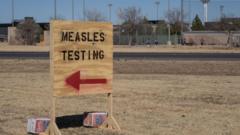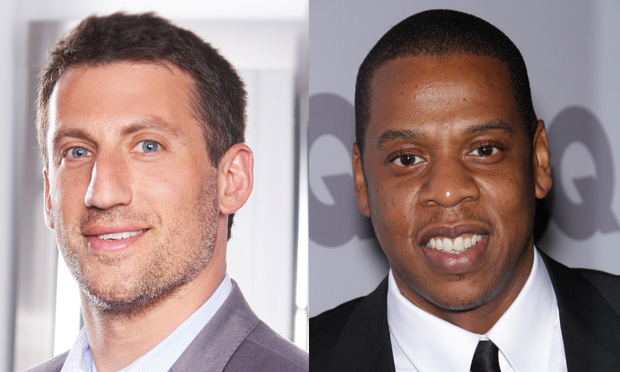In Texas, a horrific measles outbreak has escalated, leading to the death of a second child as public health concerns mount. The school-aged girl, who was not vaccinated and had no pre-existing health issues, succumbed to complications from the disease, according to UMC Health System's Aaron Davis. Despite the US declaring measles eliminated in 2000, the country is witnessing a surge, with over 600 cases reported nationwide this year—more than double the previous year's statistics.
The incident occurred amid rising tension within government health circles as US Health Secretary Robert F Kennedy Jr faced backlash for his handling of the outbreak, which has now affected several neighboring states. The latest count revealed Texas alone has reported over 480 measles cases in just a short timeframe, a significant jump from the previous counts.
Kennedy visited Texas on Sunday, expressing condolences and vowing to support local health officials in combating the measles outbreak. He emphasized the critical importance of the MMR vaccine (measles, mumps, and rubella), which has proven effectiveness in curbing the spread of the virus. His statement emphasized vaccination as the best preventive measure against the highly contagious disease.
The first child to die from measles during this season was a six-year-old girl from a local Mennonite community, marking the first measles death in the US in a decade. Additional incidents, including a man's death in New Mexico, have compounded fears regarding public health safety.
President Donald Trump attempted to mitigate concerns regarding the outbreak, claiming it was relatively contained, and indicated that future actions would depend on the situation's progression. However, the US constitutionally eliminated measles has seen a resurgence fueled by growing anti-vaccine sentiments, with health professionals noting that achieving herd immunity requires vaccination rates around 95%.
Local health officials have reported slow progress in improving vaccination rates in the resistant communities where the outbreak began. Kennedy's initial responses drew criticism for being tepid at best, prompting calls for more vigorous health messaging from leaders, including Senator Bill Cassidy, who urged the necessity of vaccinations. Cassidy reiterated the dangers of measles and the lack of effective treatment, emphasizing the crucial need for vaccine uptake before further tragedies occur.
As the situation evolves, communities are left grappling with the challenges of vaccine hesitancy while facing the very real dangers posed by the measles virus and its potential complications.
The incident occurred amid rising tension within government health circles as US Health Secretary Robert F Kennedy Jr faced backlash for his handling of the outbreak, which has now affected several neighboring states. The latest count revealed Texas alone has reported over 480 measles cases in just a short timeframe, a significant jump from the previous counts.
Kennedy visited Texas on Sunday, expressing condolences and vowing to support local health officials in combating the measles outbreak. He emphasized the critical importance of the MMR vaccine (measles, mumps, and rubella), which has proven effectiveness in curbing the spread of the virus. His statement emphasized vaccination as the best preventive measure against the highly contagious disease.
The first child to die from measles during this season was a six-year-old girl from a local Mennonite community, marking the first measles death in the US in a decade. Additional incidents, including a man's death in New Mexico, have compounded fears regarding public health safety.
President Donald Trump attempted to mitigate concerns regarding the outbreak, claiming it was relatively contained, and indicated that future actions would depend on the situation's progression. However, the US constitutionally eliminated measles has seen a resurgence fueled by growing anti-vaccine sentiments, with health professionals noting that achieving herd immunity requires vaccination rates around 95%.
Local health officials have reported slow progress in improving vaccination rates in the resistant communities where the outbreak began. Kennedy's initial responses drew criticism for being tepid at best, prompting calls for more vigorous health messaging from leaders, including Senator Bill Cassidy, who urged the necessity of vaccinations. Cassidy reiterated the dangers of measles and the lack of effective treatment, emphasizing the crucial need for vaccine uptake before further tragedies occur.
As the situation evolves, communities are left grappling with the challenges of vaccine hesitancy while facing the very real dangers posed by the measles virus and its potential complications.




















